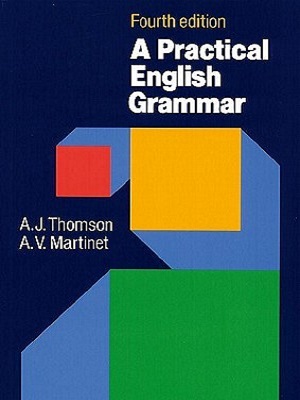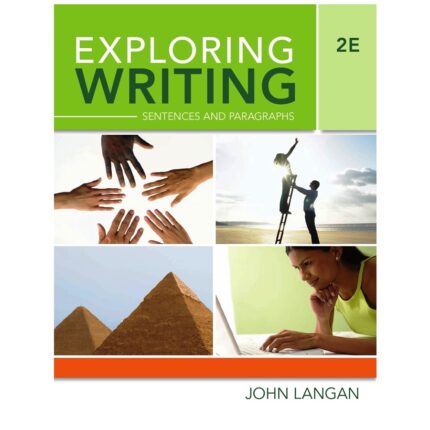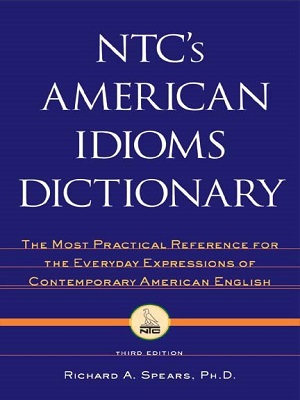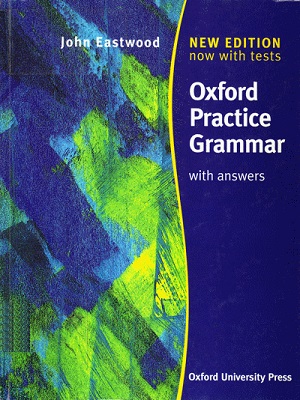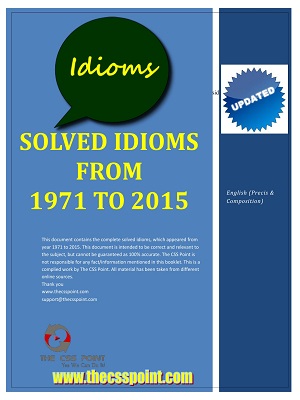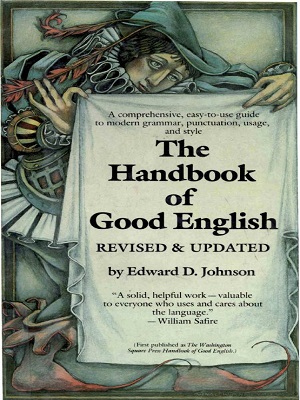With this new edition, Oxford University Press has decided to rename the book Garner’s Modern English Usage—using English instead of American. That change restores what had been the idea behind the first edition. The implied global emphasis of English makes more sense today than ever before, given the book’s broadly inclusive approach to World English, not just to American English and British English.
Through the Internet, we have access to the largest database for corpus linguistics ever compiled: the Google database of English-language books printed throughout the world. The use of big data in these pages doubtless makes GMEU the most thoroughly empirical work of its kind. I am grateful to the legal department of Google for arranging for me to be the first author explicitly licensed to reproduce results from the Google Ngram Viewer, which shows graphs depicting the relative frequency of specified sequences of words within the corpus of English-language books as compared with other sequences. From this big-data resource, it has become possible to calculate ratios on word frequency and phrase frequency in World English and in the two major subtypes: American English and British English. These ratios, found at the end of many entries, provide some fascinating data: the frequency of one form (the prevalent one) as contrasted with another (a variant).











